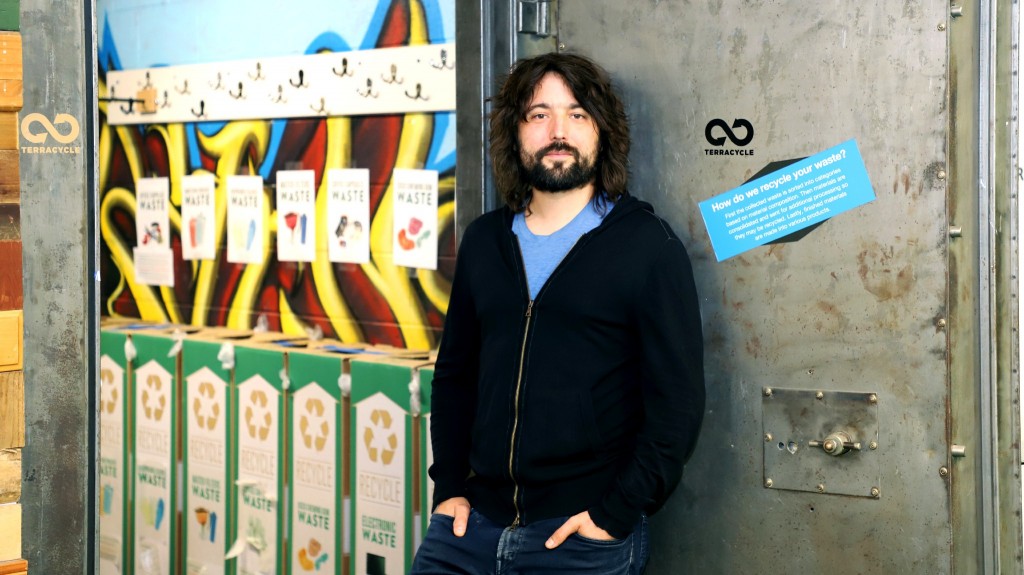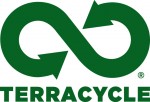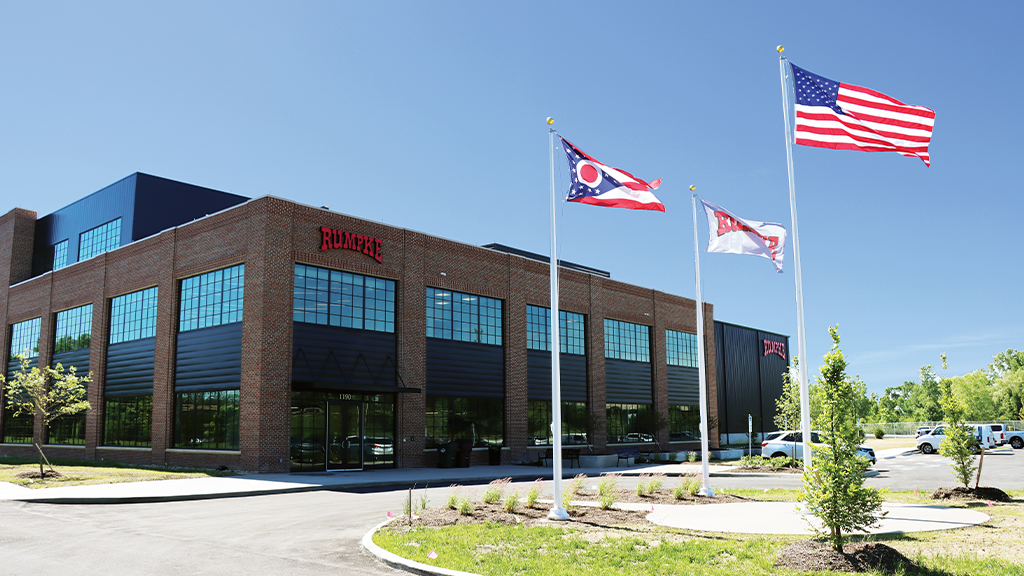How TerraCycle is making an impact on waste management during COVID-19
A Q&A with recycling industry leader Tom Szaky, CEO of TerraCycle

TerraCycle is a company built on the goal of "eliminating the idea of waste" by making that which is non-recyclable, recyclable. From coffee pods and pet food bags, to cigarette butts and PPE, TerraCycle collects and recycles a wide range of waste types.
Partnering with both individual consumers and major corporations, the company's Zero Waste Box system allows consumers to fill a themed collection box with otherwise hard-to-recycle used materials and packaging in a convenient retail location, and send it back to TerraCycle via a prepaid return label. This previously non-recyclable waste is then processed to recover its value - whether through refurbishment and reuse, up-cycling or recycling.
TerraCycle was founded by CEO Tom Szaky in 2001, then a freshman at Princeton University. He had friends there who were feeding kitchen scraps to worms and reusing the fertilizer to feed their plants. This is where the idea for TerraCycle was born: to help eliminate waste by making fertilizer from it. Szaky would package his fertilizer in used soda bottles, which eventually lead to the launch of the Bottle Brigade, a program that aimed to collect additional used soda bottles to be used for packaging. This then lead to the creation of the Drink Pouch Brigade, the Yogurt Cup Brigade and the Energy Bar Wrapper Brigade. In 2008, a number of new Brigade programs were added, and as a result, Brand Packaging named Tom Szaky the Brand Innovator of the Year.
I recently caught up with Tom Szaky to ask a few questions about TerraCycle's business, recent successes, challenges, and how they are adapting to the new normal:
Slone Fox: Can you explain how TerraCycle has evolved the way it works from its inception up until now?
Tom Szaky: Our mission has always been the same. How do we eliminate the idea of waste? We first started as a company that made products from garbage. Our first product was worm poop in a used soda bottle. That was sold to Target, Home Depot and so on. We then evolved about four or five years in, from a company that makes and packages products in waste, to focusing on where we are now, which is sort of three major divisions. Instead of focusing on the outcome of the material, we focus on the collection of the material. How do we collect and recycle things that are hard to recycle? Secondly, how do we integrate difficult to recycle material back into products? Third, how do we shift things from single-use to reusable?
SF: What makes one program successful as opposed to one that might encounter challenges?
TS: It doesn't matter whether it is a reuse program or a recycling program. What makes something successful is that people participate and that work happens. If it's something that's convenient and accessible to consumers, we have the partners behind it that are really supporting it, not just with their money, but authentically supporting it and really putting a lot of effort behind it.
SF: What is the most notable successful partnership that has happened this year?
TS: Some of the major things I would point to with a lot of momentum around them is PPE recycling, just because of COVID-19. We've been processing personal protective equipment for over 10 years, but it's really exploded this year for obvious reasons. We are also seeing really good momentum in our Loop ecosystem. We just announced McDonald's, for example, and we launched with Tesco in the UK six weeks before that, and there's a lot of exciting launches coming up. We've launched our foundation, the TerraCycle Global Foundation, which is doing river cleanups quite successfully in Thailand. We've launched 50 new recycling programs this year, ranging from Ocean Spray all the way to baby food pouches with Gerber, and just so many things in between. That would just be some highlights, but there's a lot going on, which is quite exciting.
SF: How can you tell if a company is authentically dedicated to a collection and recycling program rather than just looking for good PR?
TS: If it's a good PR scenario, a company is just going to want to have the program and make it as small as possible, because that's what will get you good press, but then commit as little as possible to it, while other companies really understand how this will create value for their organization. That is what really makes a program - when a company is leaning into it. So, it's not just that they get it's good for sustainability, but they get that it is good for their core business and is treated as such.
SF: How have your industry partners and the public as a whole changed since the company began?
TS: I think the biggest shift of all is that garbage has always been seen as a problem. I don't think anyone has ever celebrated garbage. It was always somewhat of an issue, but the real shift that occurred was probably around 2018, when garbage went from a problem to a crisis for individuals, en masse, globally. That has created a major shift that has been echoed by legislation, by the way corporations are reacting and so on, and people are leaning in on these topics and that is only continuing.
SF: Can you tell us more about the Loop initiative?
TS: The Loop is a global reuse platform. It's live in the UK, U.S. and France, launching in four more countries in the next nine months. It's basically a platform where consumer product companies can create reusable versions of their goods. Your Häagen-Dazs is in stainless steel, or your Cascade is now in engineered plastics, whatever it may be. We've worked in the U.S. with retailers like Kroger, Walgreens, Ulta Beauty, and so on, who then make it available to their consumers. So, you can buy your Tide in a reusable container at Kroger and then return it to a McDonalds, which has a Loop drop bin. You then buy your coffee in a reusable coffee cup. Then, you return that to a Walgreen's, where maybe you buy shampoo in reusable packaging, like Pantene.
SF: What have been some of the challenges and opportunities of the pandemic in regards to advancing the circular economy?
TS: Let's start with the good news, which is that the pandemic is creating momentum for the environmental movement at large. It's the first time in modern human history that we have taken our foot off the gas, if you will, globally. For a period of time, people have been producing less, and that slow down in industry has lowered the impact on the environment. We're noticing that emission levels are down, animals are showing up where they haven't shown up before, and so on and so forth. People are even more aware of our collective impact on the environment, which is good for the environmental movement at large. I'd say that's a huge positive. The negative is lower oil prices that are making an already strained business equation for recyclers, more strained. A lot of recycling programs are going to come back after COVID much more deteriorated than the way people remember them. Consumers will be able to recycle less than they were able to recycle before, if I'm speaking plainly.
In reuse, COVID has created a fork in the road where consumer-driven reuse models (where you have to refill the container yourself) have been very negatively affected because of health and safety risks. For professional reuse, luckily we have Loop which is a model that has not been affected negatively. We got lucky, but it's created a fork in the road, where one path will be negative and the other totally fine.



